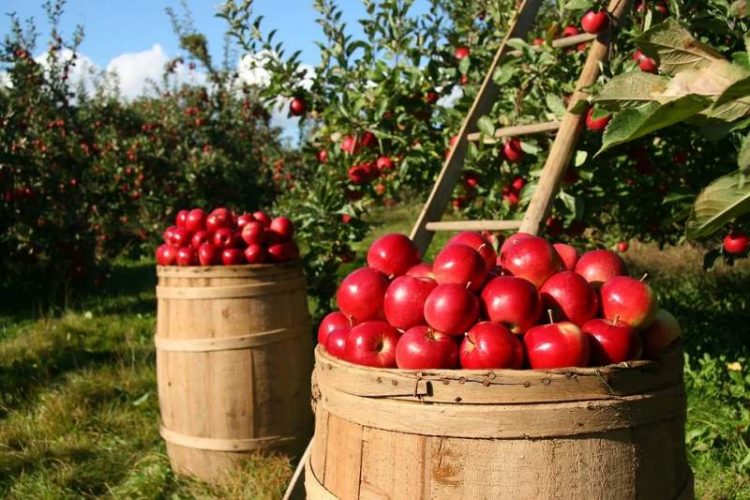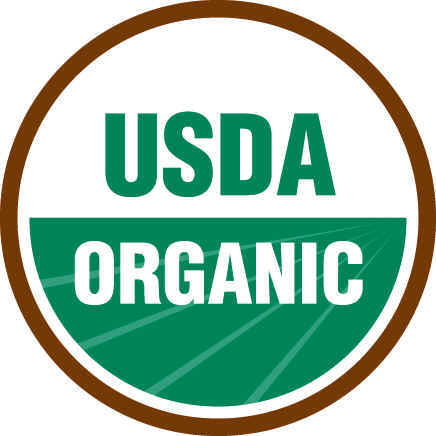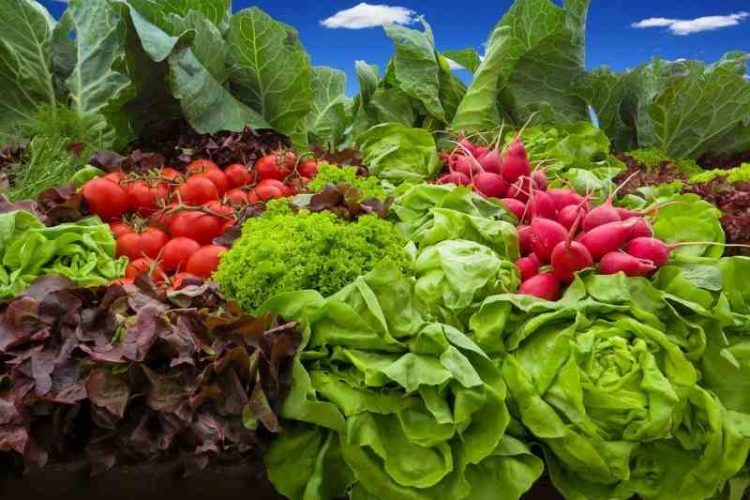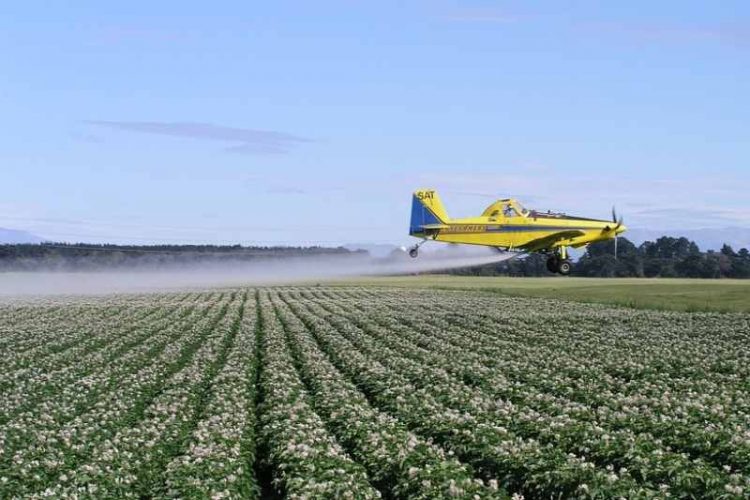Everyone wants to eat as healthy as possible, and choose between fruits, vegetables, whole grains, and other sustainably produced products, knowing that the food is not contaminated with harmful pesticides and chemicals.
As a result, is the popularity of organic food steadily increasing. Organic food is supposed to be healthier, tastes better and has a lower impact on the environment. But is that true?
The retail industry has responded anyway and organic foods are now an integral part of almost every grocery store.
Why organic foods are better
Many buyers are convinced of organic food and argue that it is much safer to eat and much more nutritious. They also put the spotlight on the fact that producing organic food does less harm to the environment. Also in the livestock industry, it is less cruel for the animals.

Why does organic food cost more?
Unfortunately, the price tag on organic food is still higher than on conventional food. The higher price is justified with the cost of production, processing, and distribution. Organic food on the shelf may cost more, but this is the true price of food including the ecological footprint.
Conventional food causes negative external cost that is not calculated in the retail price. The taxpayers pay for that in the form of subsidies that are paid to the farmers and industries. Not to mention the long term cost caused by negative impacts of harmful agricultural practices on the environment and the climate.
Seemingly cheap conventional food products would be significantly more expensive if the external costs had to be taken into account. It would likely even be more expensive than organic food if, nitrogen fertilization, greenhouse gas emissions, and energy consumption would be included in the consumer price.
Fortunately, more and more consumer realizes this and although the cost of organic food is somewhat higher, food buyers are convinced of its benefits. This is reflected in the increasing sales of organically produced food and the increase in more conscious food consumption such as vegan and vegetarian food.
Overview Benefits Of Organic Food
More and more evidence is sprouting that proves the potential benefits of organic foods compared to conventionally grown foods. Some of the benefits of organic foods are listed below:
- No herbicides and insecticides. Organic farmers use no toxic chemicals to treat produce. Conventional farming uses toxic chemicals that are absorbed by plants and enter the food chain. Compared to conventionally cultivated crops, organic products have a significantly lower level of harmful residues.
- Better to nature and the environment. Organic agriculture benefits nature because if plants are grown naturally and are not treated with chemical fertilizers, fewer chemicals end up in nature polluting the environment. Over-fertilization causes great damage and the chemicals return to the human via the food chain.
- Less use of growth hormones and antibiotics to make food animals grow quick. The use of them has unforeseeable consequences on humans and other living creatures altering natural growth cycles and reducing ing the effectiveness of antibiotics. Bacterial studies have shown that conventional meat contains more multi-resistant strains of germs and bacteria than organically produced meat.
It is always important to remember that natural food and organic foods are two different things. Natural food means that no artificial flavors, colors or preservatives are added and that the food is only minimally processed.
What is Organic Food?
To be labeled Organic Food, the products must be organically grown, must not be genetically modified and are grown without the use of synthetic pesticides, artificial fertilizer or sewage sludge. Animal products must be from animals that have not been treated with antibiotics and growth hormones and that have been produced in an animal-friendly manner.
What Is Organic Agriculture?
The term Organic Agriculture refers to the production of food and other agricultural products based on methods that are intended to enable environmentally friendly production and animal welfare.
Specifically, this means that for food to be called organic, certain regulations and rules in cultivation and processing must be complied with.
- For pest control, only certain methods and substances are allowed. These may be naturally occurring substances, or the use of natural predators as well as crop rotation and mixed crop cultivation, etc.
- In the production, chemical-synthetic fertilizers, growth hormones, use of antibiotics, genetically modified organisms and seeds are not allowed. In the food processing, artificial, flavors, colors and preservatives are not allowed.

Companies that farm and process agricultural products must be certified by the US Department of Agriculture accredited certifying agents for compliance.
If regulations are followed, they may label their products with the USDA Organic seal.
Why are there still so many opponents against organic food production?
Popular headlines such as “organic foods barely healthier than regular products” or “organic are not good for the environment” or “organic is no better than non-organic,” are abound.
Money and lobbying rule the world. The few large companies that control the global food supply and production are not interested in changing an established money-making machine.
Chemical Giants who supply seeds to the farmers of the world from which plants grow that require very specific fertilizers and pesticides that of course they sell too, make billions polluting the planet for short terms profits.
Thankfully, many people are starting to realize that it can not go on like this and that you need a different kind of food production that does not kill the planet.
Organic And Sustainable Food Production – Everyone Benefits
Organic foods contain fewer pesticides. Not using chemicals such as fungicides, herbicides, and insecticides means, we are eating fewer toxic residues with our food.
Instead, organic foods often contain more beneficial nutrients, taste better because they are fresher and do not contain any preservatives that prolong shelf life.
Organic farming is friendly to the environment and benefits biodiversity making organic agriculture a more sustainable method. Many more birds, animals, plant species and microorganisms are found on ecologically managed land than on conventionally cultivated land.
Organic farmers do without the creation of large monocultures, pesticides, and artificial fertilizers are not used. Instead, clover and mustard are planted as green manure, which provides necessary nitrogen. When crops are planted enough nutrients are in the soil for their growth. This keeps the groundwater as well as the streams and rivers cleaner.
As far as the greenhouse effect is concerned, organic agriculture is essentially more climate-friendly. The use of plants as natural green manure releases no nitrous oxide. The gas, also known as nitrous oxide, can have an extreme effect on the climate. Also, ecologically managed agricultural land is able to absorb significantly more carbon dioxide and bind it than the conventional soils.
All facts show that organic agriculture is the more sustainable and therefore more sensible method of food production. Not only does it help us live healthier, but it is also the most sustainable for nature and the farmer. Conventional food prices do not reflect the true costs of production. Because environmental pollution leads to hidden long-term effects, which are currently not included in the price of food.

Sources and more to read about organic agriculture:
More Organic Farms For the Future


